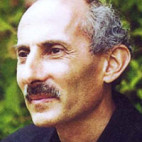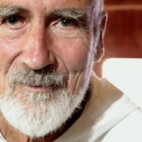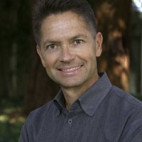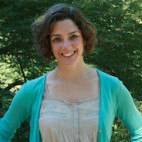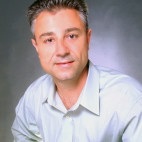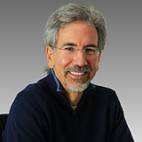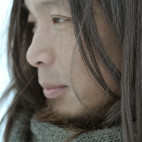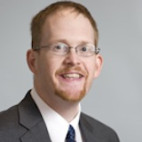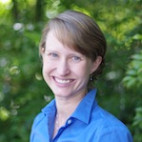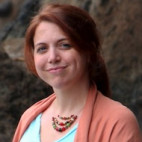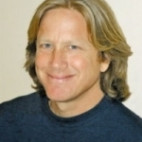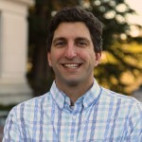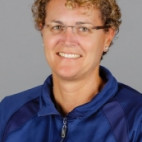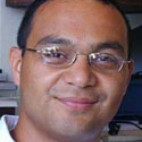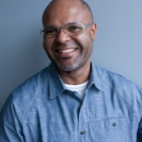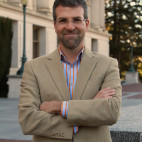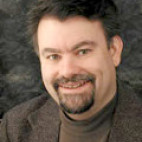-
8:00 - 9:00 am
Registration and Check-in
-
9:00 - 9:10 am
Welcome from Greater Good Science Center Director Rodolfo Mendoza-Denton
-
9:10 - 9:35 am
Why Gratitude Is Good: Presentation by Robert Emmons
-
9:35-9:45 am
Mentoring gratitude in elementary school students with BOOST! West Oakland
-
9:45 - 10:45 am
The Spirit of Gratitude: A presentation by Jack Kornfield and Brother David Steindl-Rast
-
10:45 - 11:00 am
Break
-
11:00 - Noon
The Gratitude Effect: Physical, Psychological, and Social Benefits of Gratitude with Wendy Berry Mendes, Christina Karns, Jeff Huffman, and Philip Watkins. Moderated by GGSC Science Director Emiliana Simon-Thomas.
-
Noon - 1:00 pm
Lunch: Box lunch provided
-
1:00 - 1:15 pm
Gratitude in Verse: Poetry by Dennis Kim
-
1:15 - 2:15 pm
Challenges to Gratitude (and How to Overcome Them) with presentations by Tom Gilovich, Alex Wood, and Amie Gordon; discussion joined by Robert Emmons. Moderated by GGSC Director of Programs Jason Marsh.
-
2:15 - 2:30 pm
Break
-
2:30 - 2:45 pm
Grateful Athletes: Presentation by Teri McKeever, Coach of the 2012 U.S. Olympics Women’s Swimming Team
-
2:45 - 3:45 pm
How to Cultivate Gratitude: Strategies for Home, School, and Work with Giacomo Bono, Andrea Hussong, Sara Algoe, and Chris Murchison. Moderated by Robert Emmons.
-
3:45 - 4:00 pm
Break
-
4:00 - 4:10 pm
Voices from StoryCorps
-
4:10 - 5:10 pm
Making Gratitude Go Viral: Strategies for Global Change with Anthony Chavez, Nipun Mehta, Peter Jin Hong, Jeremy Adam Smith, and Brother David Steindl-Rast. Moderated by Dacher Keltner.
-
5:10 - 5:15 pm
Closing remarks from Dacher Keltner.
- Venue: Craneway Pavilion Conference Center
- Date: June 7, 2014
- Time: 9:00 am - 5:15 pm
-
Price: $125 - $149 - LIVE EVENT SOLD OUT; WEBCAST REGISTRATION CLOSED
-
The last 10 years have seen an explosion in the scientific study of happiness. The findings tell a complex, provocative, and unfinished story. But if they had to be distilled into one simple prescription for happiness, it would probably be this: Say thank you.
Gratitude, it seems, is a key—perhaps the key—to feeling more satisfied with your life. Strengthening your sense of joy and social connection, gratitude improves your relationships, helps you cope with adversity, and even fortifies your immune system.
 The Greater Good Gratitude Summit will illuminate the critical role gratitude plays in our health and happiness, and explore how we can cultivate more gratitude in ourselves and those we care for. Attendees will learn the latest findings from the groundbreaking new science of gratitude, put into practical, accessible terms.
The Greater Good Gratitude Summit will illuminate the critical role gratitude plays in our health and happiness, and explore how we can cultivate more gratitude in ourselves and those we care for. Attendees will learn the latest findings from the groundbreaking new science of gratitude, put into practical, accessible terms.
Joining world-renowned researchers will be Jack Kornfield and Brother David Steindl-Rast—two of the world’s most inspiring thinkers about gratitude. Throughout the day, researchers like Robert Emmons, the leading scientific expert on gratitude, will share cutting-edge discoveries, complemented by insights from real-world programs focused on enhancing gratitude. The day’s presentations will explore how to turn gratitude science into action and extend its positive impact as widely as possible.
Some of the specific issues covered at the Gratitude Summit will include:
- how to nurture gratitude in children and foster it in the workplace;
- how gratitude affects our brains, biology, and mental health;
- the obstacles to gratitude and how to overcome them, especially in a culture where it’s easy to take things for granted.
Speakers will share key practices for boosting gratitude across multiple contexts, from kitchen tables to clinics to boardrooms to mobile devices. They'll include Teri McKeever, head coach of both the 2012 U.S. Olympic women's swimming team that won 14 medals in London and of the #1 ranked UC Berkeley women’s swimming team; she'll discuss how and why she has encouraged the practice of gratitude among her world-class athletes. The Gratitude Summit is the culmination of the Greater Good Science Center’s unprecedented three-year project, Expanding the Science and Practice of Gratitude, funded by the John Templeton Foundation.
GGSC members receive a 20 percent discount on registration. Register Here!
